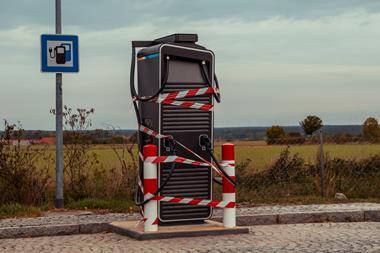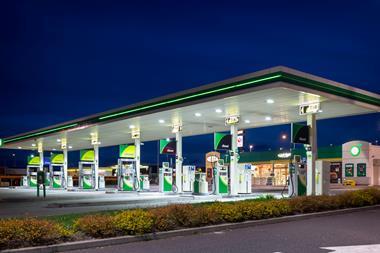Peugeot has carried out the first test drives of a prototype car that runs on air.
The vehicle has a conventional petrol engine for higher speeds but energy from the engine, wheels and brakes is used to compress air which is then used to power the vehicle at lower speeds such as urban driving.
In a statement when it unveiled its plans the company said: “To cope with the challenge of creating an environment-friendly vehicle, PSA Peugeot Citroën is developing an all-new technology combining gasoline internal combustion engine and compressed air storage.
“Hybrid Air is a key step in the path toward fuel consumption of two litres per 100 km. The major innovation lies in the way the powertrain adapts to driving styles, adjusting independently to one of three modes: air, gasoline, combined.”
The car has a ‘smart control system’ which optimises the cars performance between the modes.
When in the compressed air mode it is described as a ‘zero emission vehicle’ (ZEV) and the company said it is likely to be in ZEV mode 60% to 80% of the time in city driving, depending on the traffic.
It added that development of the hybrid was an important step towards the two litre per 100 km car by 2020.
Advantages claimed for the system include affordability, and that it takes far less space in the vehicle than electrical/petrol hybrids.

































No comments yet